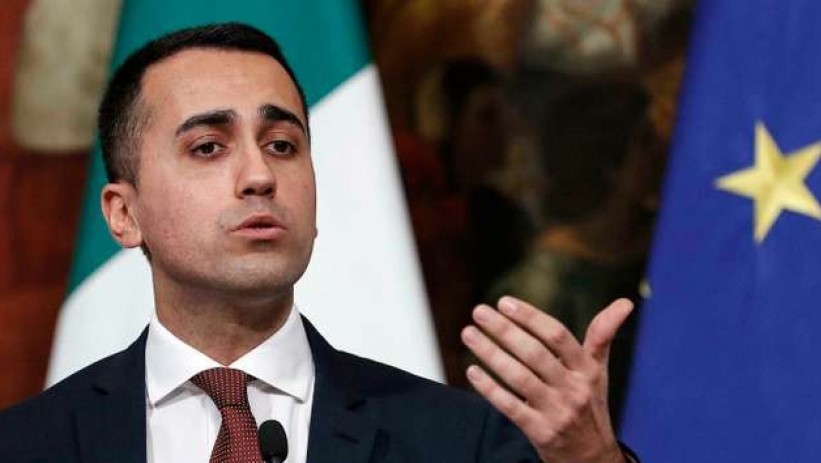France summons Italian envoy over comment
January 23, 2019 | Expert Insights

France has summoned Italy’s ambassador to protest about comments by Italian Deputy Prime Minister Luigi Di Maio, who accused Paris of continuing to colonize Africa and causing people to migrate from the continent.
Background
Decolonization is the undoing of colonialism, the latter being the process whereby a nation establishes and maintains its domination over one or more other territories. The concept particularly applies to the dismantlement, during the second half of the 20th century, of the colonial empires established prior to World War I throughout the world.
The French colonial empire constituted the overseas colonies, protectorates and mandate territories that came under French rule from the 16th century onward. A distinction is generally made between the "first colonial empire," that existed until 1814, by which time most of it had been lost, and the "second colonial empire", which began with the conquest of Algiers in 1830. The second colonial empire came to an end after the loss in later wars of Indochina (1954) and Algeria (1962) and relatively peaceful decolonizations elsewhere after 1960.
At its apex, it was one of the largest empires in history. Including metropolitan France, the total amount of land under French sovereignty reached 11,500,000 km2 (4,400,000 sq mi) in 1920, with a population of 110 million people in 1939. However, after 1945 anti-colonial movements began to challenge European authority. The French constitution of 27 October 1946 (Fourth Republic), established the French Union which endured until 1958. Newer remnants of the colonial empire were integrated into France as overseas departments and territories within the French Republic.
These now total altogether 119,394 km² (46,098 sq. miles), which amounts to only 1% of the pre-1939 French colonial empire's area, with 2.7 million people living in them in 2013.
Analysis
The ambassador was summoned after the “unacceptable and groundless” comments by Di Maio on January 20, according to the Cabinet of French Europe Minister Natalie Loiseau.
Di Maio made a series of incendiary remarks while visiting the Abruzzo region in central Italy, the latest sign of serious tensions between the populist government in Rome and France’s centrist leader, Emmanuel Macron. “The EU should sanction France and all countries like France that impoverish Africa and make these people leave, because Africans should be in Africa, not at the bottom of the Mediterranean,” Di Maio said.
“If people are leaving today it’s because European countries, France above all, have never stopped colonizing dozens of African countries,” added the leader of the Five Star Movement (M5S), which governs alongside the far-right League party.
The International Organization for Migration said that more than 100 people were feared missing after a boat carrying migrants capsized off the coast of Libya. The Italian navy flew three survivors to the Mediterranean island of Lampedusa. Italy has closed its ports to rescue boats operated by charities in the Mediterranean under a new hard-line approach to immigration.
After making comments criticizing the Italian government and its approach to immigration last year, Macron and the French government have since largely avoided entering into a war of words with Rome. However, relations between the two capitals, usually close EU allies, have deteriorated since the M5S-League coalition became the European Union’s first populist-only government in June last year.
Di Maio and fellow Deputy Prime Minister Matteo Salvini, from the League party, recently backed “yellow vest” protesters who have been demonstrating against Macron’s government since November.
Assessment
Our assessment is that the ongoing political differences between the leadership of France and Italy have started to cross the lines of civility. We believe that despite the past of both countries, political differences should not result in major diplomatic standoffs or a breakdown of trust between the two EU allies.








Comments